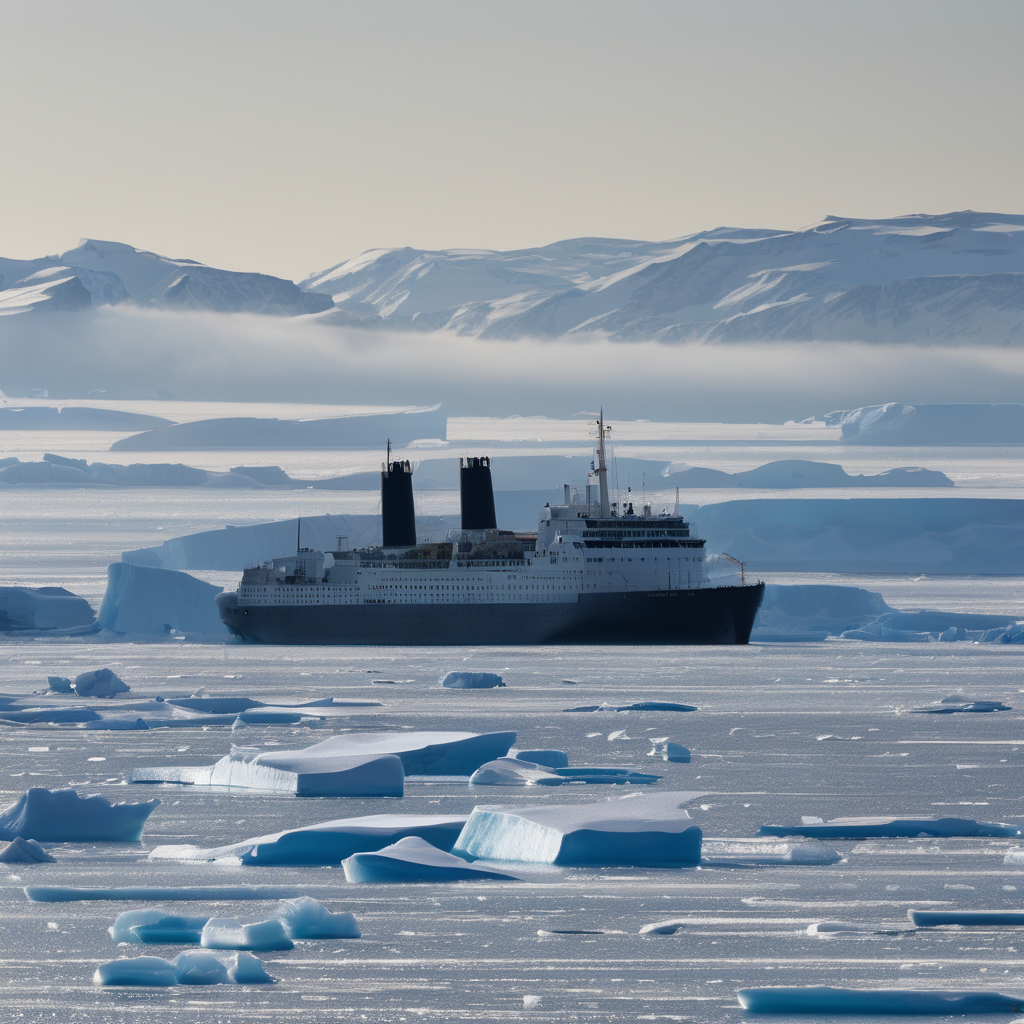The British Antarctic Survey (BAS) is making significant progress in its mission to decarbonize marine operations as its flagship research vessel, the RRS Sir David Attenborough, embarks on a new season of scientific exploration in Antarctica. The vessel’s engines will be powered by hydrotreated vegetable oil (HVO) for its upcoming five-week voyage, a critical step in BAS’s efforts to reduce its carbon emissions, which currently account for about 60 percent of its overall carbon footprint.
The RRS Sir David Attenborough, hailed as one of the most advanced research vessels globally, has set sail from Plymouth for the 2025/26 Antarctic field season. During this seven-month mission, a team of scientists will carry out extensive research expeditions from the southern continent, ultimately navigating a total distance of 6,000 nautical miles to Montevideo, Uruguay, before reaching Antarctica.
BAS emphasizes the importance of adopting HVO due to its potential to significantly lower carbon emissions—by up to 94 percent as compared to traditional diesel fuel. This biofuel is derived from the hydroprocessing of oils and fats, making it compatible with existing diesel engines without requiring modifications. The organization also maintains a focus on the sustainability and availability of HVO, engaging with suppliers to ensure responsible sourcing.
The expedition aims to accomplish over 60 science projects at the five research stations operated by BAS. Key areas of study will include climate change impact, oceanography, glaciology, and ecology, featuring major international collaborations and trials of advanced autonomous technologies. BAS Director Dame Jane Francis underscores the urgency of this research, as recent evidence of global climate tipping points establishes the need for a deeper understanding of the changing Antarctic landscape for enhancing resilience in both the UK and around the world.
The RRS Sir David Attenborough, which cost over £200 million ($268 million) to build, supports scientific research in extreme environments. It currently accommodates a crew of 30 and 60 scientists, with provisions for their stay including 1.2 tonnes of baked beans, 15,000 teabags, and two tonnes of bread flour.
This mission reflects an encouraging commitment to sustainability and scientific advancement, as BAS continues its strategy, “Polar Science for a Sustainable Planet.” By investing in cleaner fuel alternatives and conducting critical research, the organization is paving the way toward achieving net zero emissions by 2040, inspiring hope for a sustainable future amid the challenges posed by climate change.
